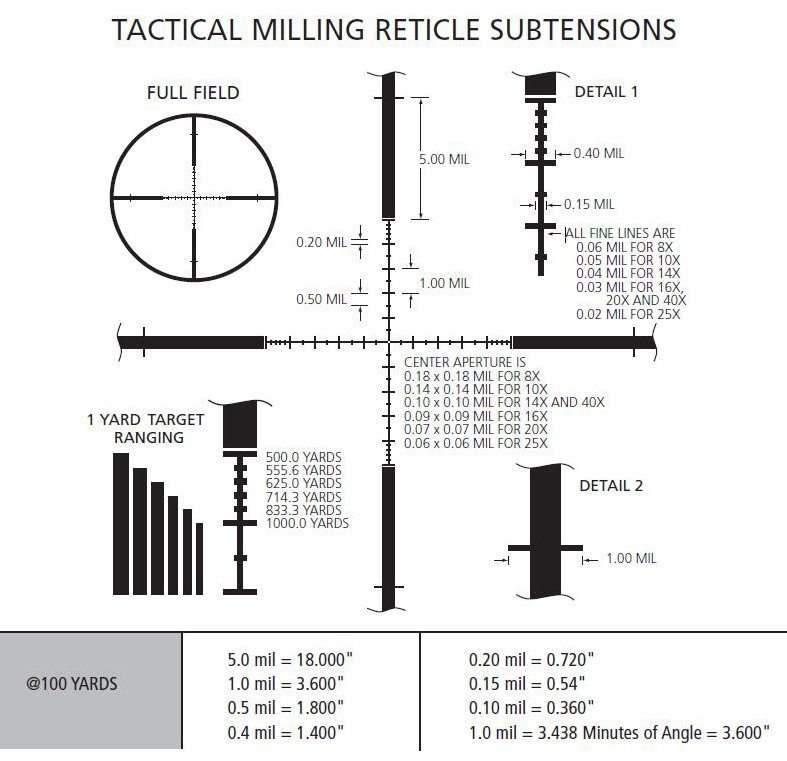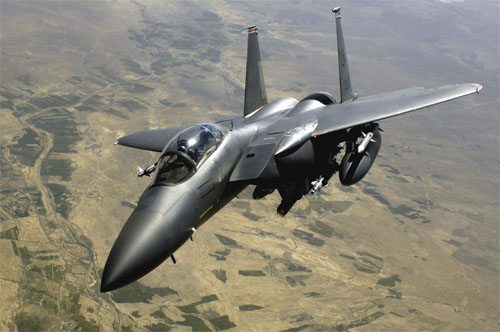,
Seoul (AFP): One day after North Korea pledged to dismantle its nuclear programmes, analysts queried why Pyongyang was suddenly willing to cut a deal after years of wrangling — and whether it would stick to it. Some saw pressure from China, one of the North's few allies, as the key, or a desire to keep a relatively friendly government in power in South Korea.
Other analysts said the two major protagonists, North Korea and the United States, had domestic reasons to compromise, with US President George W. Bush desperate for a foreign policy success and Pyongyang anxious for badly-needed energy to keep its 23 million people quiescent.
“I think overcoming the North's current economic situation, especially shortages of energy and food, must have been a major motivation,” said Kim Taewoo, senior research fellow with the Korea Institute for Defence Analyses.
While the government exercised tight control, “nevertheless an accumulation of discontent on the part of its people can lead to disobedience to the system and the regime,” he told AFP.
Six-party talks on scrapping the North's atomic programmes have dragged on since 2003 but gained urgency after it conducted its first nuclear weapons test last October.
The latest round of talks had looked close to collapse until haggling into the early hours of Tuesday enabled host China to announce a breakthrough.
Under its terms, the North agreed to “disable” its nuclear facilities over an unspecified period in return for up to one million tonnes of heavy fuel oil.
As an “initial action” Pyongyang will shut down its nuclear facilities at Yongbyon within 60 days and invite UN atomic inspectors back in. The shutdown will be rewarded with the first 50,000 tonnes of oil.
Also within 60 days, the United States will begin the process of removing the North from its list of terrorist states. They will also begin direct talks on establishing diplomatic ties.
The United States has been at loggerheads with the communist nation since 1989. A deal in 1994 collapsed eight years later after Washington claimed that Pyongyang was cheating on it.
Peter Beck, Northeast Asia director of the International Crisis Group, said the one million tonnes of fuel was only a quarter of what was delivered under the less ambitious 1994 agreement.
This time, though, “they just won't get a lot of energy till they take some irreversible steps.”
Beck said China had played a very active role in the latest round.
“I don't know what arm-twisting went on behind the scenes… I don't know what the Chinese did or threatened to do, but it must have been a factor.”
Koh Yu-hwan of Dongguk University told Yonhap news agency that the North's leader Kim Jong-Il “may think, for now, that he needs substantial energy rather than the nuclear weapons programme in order to maintain his grip on the people.”
There were also increasing rumours that even some units of the all-powerful North Korean military were suffering shortages.
Kim may also be trying sway South Korean opinion to prevent the conservative Grand National Party taking power in December elections, said Kim Taewoo.
On Wednesday, the countries announced plans to resume ministerial contacts and South Korea, whose present government has led a policy of engagement with the North, said it would discuss restarting aid shipments.
Hours after the Beijing announcement the North's official media said it had agreed only to a “temporary suspension” of its nuclear facilities.
Beck said that was a cause for concern. “But with a timeline of 60 days we will know sooner rather than later if they are serious.”
Tuesday's deal would freeze plutonium production, but it does not address existing stockpiles which some analysts believe are enough to make six to eight more nuclear bombs.
Nor does it refer to a uranium enrichment programme which the United States accuses the North of secretly operating.
Kim Taewoo said Pyongyang may just continue developing bombs and delivery systems. Tuesday's deal, he warned, “is better than nothing and is meaningful progress, but is not impressive yet.”









